I would never challenge Boyd's take on fighter design (...yet...). If I wanted to design a a "dog fighter" (silly word) I'd have asked Boyd or better yet, Pierre Sprey. On EM theory, credit where credit is due. Boyd knew his stuff as a fighter pilot.
H John Poole wrote one of the most useful and original books ever, on dismounted infantry operations, with "The Last 100 Yards." Very, very good indeed. My own copy has doubled it's weight in Post-it notes!!
He then wrote some stuff that was vastly variable. Some good, some very poor and some beyond the area where he excels. It sells well, but I see little merit in it.


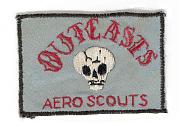

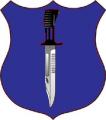



 "A Sherman can give you a very nice... edge."- Oddball,
"A Sherman can give you a very nice... edge."- Oddball, 

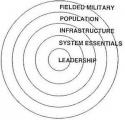
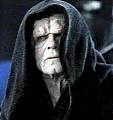


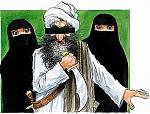

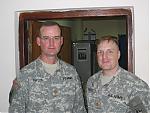



Bookmarks